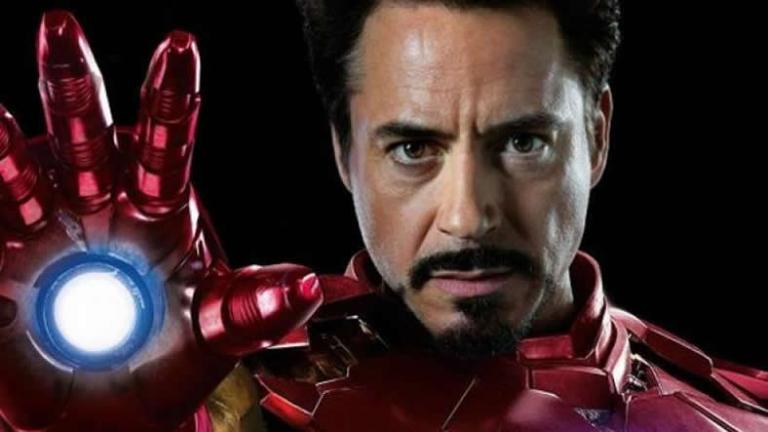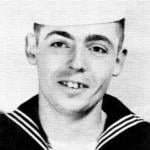
This is the first of a series of blogs I’m posting in advance of Avengers: Infinity War. The posts are my attempt to unpack what I see as the spiritual significance of some of the biggest heroes in Marvel’s Cinematic Universe. Naturally, we’re beginning with Iron Man, the guy who kicked the MCU into being—a guy whose story arc seems to follow many a Christian testimony.
Iron Man
Not-so-secret alias: Tony Stark
Played by: Robert Downey Jr.
Starred in: Iron Man; Iron Man 2; Iron Man 3
Appeared in: The Incredible Hulk; The Avengers; Avengers: Age of Ultron; Captain America: Civil War; Spider-Man: Homecoming
Special abilities: Genius, billionaire, playboy, philanthropist. Oh, and he has some pretty cool suits, too.

When we first meet Tony Stark, he’s riding in the back of a Humvee, listening to AC/DC, drinking whiskey and bragging about “going 12 for 12” with Maxim’s cover models (though he admitted he had a scheduling conflict with “March”).
Iron Man’s first 100 seconds tells us almost everything we need to know about pre-hero Tony: He’s brash. Funny. Cocky. Hedonistic. Utterly self-absorbed.
And then, at the 1:43 mark, Tony’s life changes in a ball of heat and flame.
Tony, injured in an explosion, is dragged to an enemy compound and patched up by a fellow prisoner (Yinsen, played by Shaun Toub). It’s not a perfect fix: Shards of metal remain in Tony’s chest, and Yinsen connects Tony to a car battery, which acts as a magnet to keep those shards from hitting his heart. Tony learns that he’s being kept alive for a nefarious reason—to make a doomsday weapon for an Afghanistan-based terrorist organization—and Yinsen’s supposed to help him.
“You got a family?” Tony asks Yinsen as they work.
“Yes, and I will see them when I leave here,” Yinsen says. “And you, Stark?”
“No.”
Yinsen pauses a moment. “So you’re a man who has everything … and nothing.”
I’ve heard stories like this before—often in church. For those who come from an evangelical background like I do, the beginnings of Tony’s narrative sound an awful lot like your standard, straight-out-of-the-box Christian testimony.
One’s testimony is, essentially, the story of how you became a Christian. In evangelical circles, like the one I was raised in, you’re often encouraged to share this testimony quite often. My own testimony is pretty boring, but I’ve heard enough of ’em to know what’s considered a good one. The best—the ones that get you in front of the whole congregation and potentially send you on a speaking tour—always seem to start in the same place.
I was on the top of the world, they begin in so many words. They were rich stock brokers or successful coaches or world-class drug dealers, maybe. They had big houses and Bentleys. Most partied like rock stars, and a few of them were.
But for all their success, they felt like something was missing in their lives. All their money felt curiously meaningless. Even though they had everything, they had nothing.
And then, an explosion—occasionally literal, most often metaphorical—ripped through their lives and sent them spiraling. They’re confronted by their own sin and depravity. They hit rock bottom and they’re forced to re-evaluate their lives. They’re not on top of the world anymore, and they see they never really were. They find themselves in a pit, largely in their own making. And they have to figure a way out.
Tony’s time in the pit feels all too literal. His company makes weapons—a business that he comes to see as sinful and destructive—and it was for that business that he was in Afghanistan in the first place. He’s almost killed by one of his own missiles. And now he’s stuck in an Afghan cave—about as close to a literal pit as you can get. There he faces the reality of his own wasted life, and how he’s been undone by his own sins.













